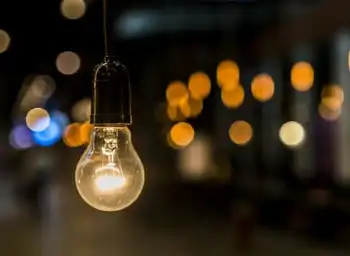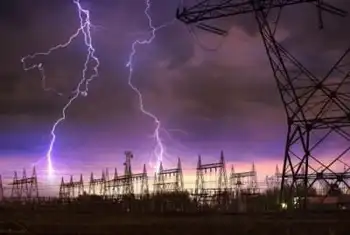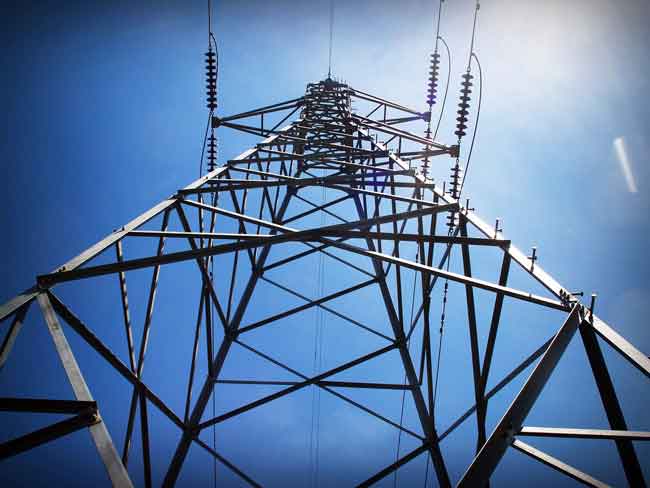Areva and Kazatomprom to produce, market nuclear fuel
By Industrial Info Resources
Protective Relay Training - Basic
Our customized live online or in‑person group training can be delivered to your staff at your location.

- Live Online
- 12 hours Instructor-led
- Group Training Available
Areva will have a controlling 51% stake in IFASTAR, which will be based in Paris, and Kazatomprom will hold the remaining 49% stake. In addition to marketing nuclear fuel, IFASTAR will investigate the feasibility of setting up a joint production facility for nuclear fuel in Kazakhstan. Between them, the two companies control about 30% of the world's uranium output.
Areva and Kazatomprom will initially assess the Asian market to examine the possibility of selling integrated fuel packages based on uranium supplied by Kazatomprom and using technologies from Areva. The ultimate objective of the joint venture is to establish a vertically integrated company that produces value-added products in nuclear fuel assemblies.
Subject to IFASTAR's investigations, the joint venture will consider the establishment of a dedicated fuel-manufacturing line in the Kazatomprom Metallurgical Plant in Ulba, Kazakhstan. The fuel-manufacturing unit will be under the control of a separate joint venture, in which Kazatomprom will hold a controlling stake of 51%, and Areva will hold the remaining 49% stake.
This is not the first agreement between Areva and Kazatomprom. In 1996, the two companies formed KATCO LLP, with Areva again holding a controlling interest of 51%. KATCO was formed specifically for geological exploration and to plan and develop uranium-ore mining ventures, especially in the Moinkum deposit in southwest Kazakhstan. KATCO currently mines uranium using the in-situ leaching process at Yuzhnyi and Tortkuduk in the Moinkum deposit.
In June 2008, Areva and Kazatomprom signed a strategic agreement to augment production of uranium from the KATCO mines from the then-level of 1,500 tons per year to 4,000 tons per year until 2039, with Areva taking responsibility for all sales of the resulting product. Another 51:49 joint venture between Kazatomprom and Areva will establish a 1,200-ton-per-year fuel fabrication line at the Ulba plant, from which 400 tons per year would be earmarked specifically for French-designed reactors. The remaining 800 tons per year will be used to provide fuel for other reactor designs.
Kazatomprom's strategy for the nuclear fuel cycle is based on the growing resurgence of nuclear power. The International Energy Agency forecasts that global demand for energy will double in the next 25 years. According to the World Nuclear Association, as of March 2009, there were 43 nuclear reactors under construction worldwide, with a further 108 in the design stage and 226 projects still under investigation.
Kazatomprom believes that the formation of strategic alliances, such as the recent agreement with Areva, will enable the company to offer a concept of international cooperation for nuclear power development. Kazatomprom has been building an international vertically integrated resource, which can participate in all sectors of the nuclear fuel cycle from uranium mining, conversion, and enrichment through fuel fabrication to construction of nuclear power reactors.











